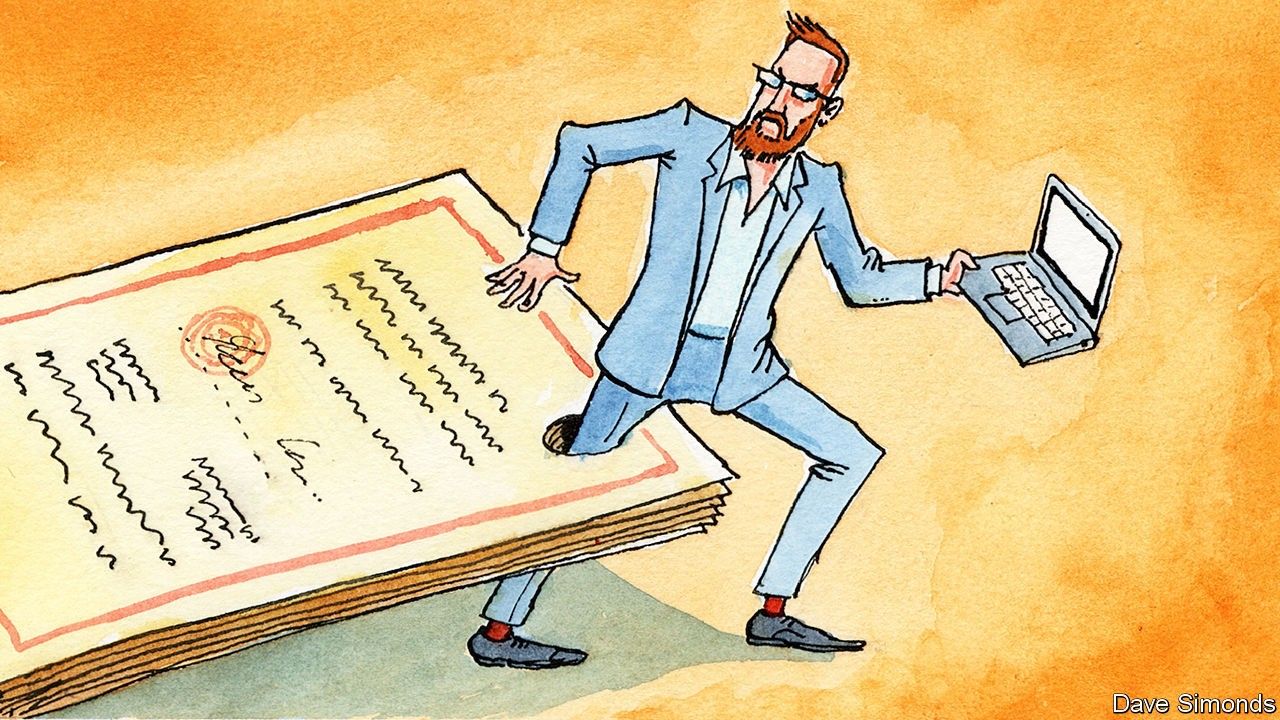Illinois Passes Comprehensive, Bipartisan Non-Compete Legislation

The Illinois General Assembly just passed a new law that will significantly improve employee mobility and provide clarity for Illinois businesses.
The amendment to the Illinois Freedom to Work Act enjoyed remarkable bipartisan support. Both Democrats and Republicans backed the bill, which passed unanimously in the Illinois House of Representatives with a vote of 110-0 and unanimously in the Illinois Senate with a vote of 56-0. The legislation was also championed by organizations often at odds with one another, including the Illinois Chamber of Commerce, the AFL-CIO and other union organizations, the Illinois Attorney General’s office, and the National Employment Lawyers Association (NELA-IL).
Non-compete clauses are usually contained in employment agreements between an employer and an employee. These clauses require the employee to refrain from working for competing businesses within a particular geographic radius from the employer and for a certain period of time after separating from the employer. Lawsuits to enforce these agreements create a chilling effect on employee mobility, restricting them from seeking new opportunities.
While most lawsuits can span 2 to 7 years (or longer now due to the pandemic), a non-compete lawsuit is often truncated to 6 months to 1 year. This means that, regardless of the ultimate outcome, all of the costs of a lawsuit—and the distractions related to litigation for an employee—are also truncated.
As I previously indicated, this is legislation that I helped draft (and testified in support of) to ensure that the interests of both employees and employers are protected. This new law respects the business community’s need to protect confidential information and restrict certain key workers. At the same time, it protects employees by prohibiting non-competes for workers who should not have them in the first place. This significant law:
- Allows companies to enforce their agreements with key employees. Businesses will still be able to enforce the non-compete and non-solicit agreements they made with their employees as long as they can show a legitimate business interest that needs to be protected. The legislation codifies the holding from a Supreme Court of Illinois decision in 2011, Reliable Fire v. Arredondo, which created a flexible balancing test based on the totality of the circumstances. The new non-compete law also codifies a reformation provision, meaning courts can reform a non-compete or non-solicit clause to render it enforceable.
- Bans certain non-competes. The law prohibits non-compete agreements for all employees making less than $75,000. The threshold amount will eventually increase to $90,000, among the highest in the nation.
- Bans certain non-solicits. The law also prohibits non-solicit agreements for all employees making less than $45,000 per year. The threshold amount will eventually increase to $52,500, also among the highest in the nation.
- Bans non-compete agreements for certain union workers. Non-compete agreements are prohibited for union employees bound by a collective bargaining agreement and who work in construction, or are covered by the Illinois Public Relations Act or the Illinois Educational Labor Relations Act. This exception does not apply to construction workers who also have management or certain other duties (for example, engineering, architectural, design, or sales), or “who are shareholders, partners, or owners in any capacity of the employer.”
- Codifies the 2-year rule. There has been legal confusion in Illinois regarding how many years an employee must work for an employer before a non-compete clause becomes enforceable. Illinois state appellate courts have followed a 2-year rule, which federal courts have almost universally rejected, leading some employees to pre-emptively file a lawsuit in state court, while the employer files suit a couple blocks away in federal court. It is now clear that unless an employer provides a specific benefit to an employee for the non-compete, an employee must work at least 2 years for the employer before the non-compete is enforceable. This provision should deter lawsuits.
- Requires notice of an employee’s post-employment obligations. To ensure that employees are aware of their obligations, it is now mandatory that employers (i) advise employees to discuss the contract with an attorney and (ii) provide the employee with a copy of the agreement at least 14 days before the employee’s start date or at least allow 14 days to review the agreement. A recent study found that employees with notice of their non-competes have higher wages because they use the non-compete to negotiate additional benefits.
- Provides the Attorney General’s Office with enforcement powers. The Office of the Attorney General of Illinois can independently enforce the new law. When the AG’s office believes there is “reasonable cause” that a company has “engaged in a pattern and practice prohibited by” the law, the AG’s office may conduct an investigation and subsequently file a lawsuit. As a remedy, the AG’s office can request a civil monetary penalty “not to exceed $5,000 for each violation or $10,000 for each repeat violation within a 5-year period.”
- Mandates that employees recover attorneys’ fees. Similar to a provision in Utah, if an employee prevails in a lawsuit involving a non-compete or non-solicitation clause, this law mandates that the employee recover attorneys’ fees and costs. Non-compete agreements often do not allow either side to recover attorneys’ fees, or only allow the company to recover its fees. To deter unnecessary lawsuits, employees can only recover their fees under this provision if the company files the lawsuit and the employee prevails.
The law will become effective January 1, 2022, once Governor Pritzker signs the legislation, which he is expected to do.
You can read our past coverage of this legislation here.
Please contact us regarding any questions related to this comprehensive reform.
- Employment Law ,
- Firm News ,
- For Employees ,
- For Employers ,
- Government ,
- Non-compete ,
- Legal Changes ,
- Non-solicitation ,
- Restrictive covenant ,
- Contract Law ,
- Amit Bindra


